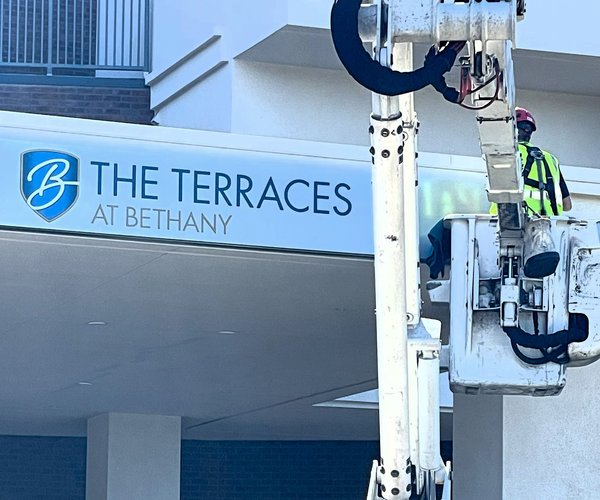The $1.2 trillion Infrastructure Investment and Jobs Act signed Monday by President Joe Biden will likely have an impact on San Joaquin County.
“(San Joaquin Council of Governments) will be looking at the details of the Infrastructure Investment and Jobs Act to best help our jurisdictions — San Joaquin County and the cities of Stockton, Lodi, Manteca, Tracy, Ripon, Escalon and Lathrop — to both explore and take advantage of opportunities to fund a range of projects,” said SJCOG Chair Leo Zuber, a Ripon City Council member.
SJCOG is the planning, financing and coordinating agency for the San Joaquin region overseeing such areas as transportation, housing and habitat conservation. SJCOG partners with a network of local governments, private organizations and community groups to deliver a variety of local, state and federal programs that support the streets, roads, highways, public transit, and other transportation resources that help San Joaquin County residents get where they need to be.
Zuber also singled out the region’s congressional representatives — Jerry McNerney and Josh Harder —for their ongoing help in funding vital regional projects.
“Decade after decade, we’ve watched our San Joaquin Valley gets passed over, while billions flowed into San Francisco and LA,” Harder said. “This bill is the investment our community needs, and I’m proud to have helped get it done. Folks in the valley sent me to Congress to work with Republicans and Democrats alike to deliver new jobs and more funding to our community. That’s exactly what we’ve accomplished today.”
While it is still too early to tell how much money will make its way to local and regional jurisdictions, the White House has suggested what California will receive.
The White House’s California fact sheet for the roughly $1.2 trillion bipartisan Infrastructure Investment and Jobs Act has more details, but generally it will:
• Repair and rebuild roads and bridges focusing on climate change mitigation, resilience, equity, and safety for all users, including cyclists and pedestrians. California should expect $25.3 billion for highway improvements and $4.2 billion for bridge replacement and repairs over five years, with a portion of that going to local and regional agencies.
• Improve public transportation options across the state. California should expect $9.45 billion over five years and local and regional agencies should receive a portion of that to help public transit operators.
• Support expanding the charging network for electric vehicles (EV) that would likely reduce barriers to EV ownership, reduce vehicle emissions and improve air quality. California will receive $384 million over five years.
• Help provide broadband coverage across the state, including access to the half million or more Californians who lack it now. The state will receive a minimum of $100 million.
• Help Californians become more resilient against climate change, cyberattacks, and extreme weather events, such as droughts, wildfires, flooding and severe storms. The state can expect $84 million over five years to protect against wildfires and $40 million to protect against cyberattacks. Californians will also benefit from the bill’s historic $3.5 billion national investment in weatherization, which will reduce energy costs for families.
• Improve water infrastructure across the state and ensure that clean, safe drinking water is a right in all communities. California can expect $3.5 billion over five years.
• Improve infrastructure at airports across California where airports would receive about $1.5 billion over five years.






